Imagine a world where medical students no longer sit in lecture halls but interact with virtual patients, use AI-driven tools to refine their skills, and receive personalized feedback in real-time. The future of medical education is rapidly changing, and artificial intelligence (AI) is at the forefront of this transformation. As we approach 2025, AI is revolutionizing how healthcare professionals are trained, providing them with tools that offer personalized learning, immersive simulations, and smarter assessments. This article explores the exciting trends in AI-driven medical education and how they will shape the healthcare workforce of tomorrow.
The Rise of AI in Medical Education
Artificial intelligence is no longer just a buzzword; it’s becoming an integral part of medical education. By 2025, AI technologies will be deeply embedded into every aspect of medical training, from personalized learning to virtual patient simulations. Here’s a breakdown of the key trends driving this revolution.
Personalized Learning Through AI
AI enables a shift from one-size-fits-all teaching to personalized learning experiences. Adaptive learning systems can analyze a student’s strengths and weaknesses, providing customized content that targets areas for improvement. This helps medical students learn at their own pace and master complex medical concepts more effectively.
Example: Platforms like Osmosis use AI to deliver personalized learning content based on students’ progress and knowledge gaps. This allows for a tailored experience that maximizes learning outcomes.
Immersive Simulations and Virtual Reality (VR)
AI is making clinical education more immersive than ever. Virtual reality (VR) and augmented reality (AR) allow students to engage with highly detailed, interactive simulations that mimic real-life medical scenarios. These immersive environments enable learners to practice procedures, diagnose patients, and make decisions in a safe, controlled space before they step into a real hospital.
Example: VR platforms like Touch Surgery provide medical students with interactive surgery simulations. These tools offer practice opportunities for surgical procedures, improving students’ hands-on skills without putting real patients at risk.
AI-Powered Assessments and Feedback
Gone are the days of traditional exams with lengthy grading periods. AI is now capable of providing immediate, constructive feedback based on a student’s performance. AI-driven assessment tools can analyze responses to clinical scenarios, tests, and assignments, giving educators a more accurate understanding of a student’s abilities.
Example: AI platforms like Updox’s diagnostic tools can analyze a student’s diagnostic accuracy and offer instant feedback. This allows students to adjust and improve their skills continuously.
Integration of AI Literacy into Medical Curricula
As healthcare increasingly relies on AI technologies, medical schools are integrating AI literacy into their curricula. By 2025, students will not only learn how to use AI in healthcare but also understand its ethical implications, applications in diagnostics, and potential challenges.
Example: The University of California, San Francisco, has already begun offering AI-focused courses that teach medical students about machine learning, data analysis, and the role of AI in improving patient care.
The Tools Transforming Medical Education in 2025
Several cutting-edge AI tools are making waves in medical education. Here’s a look at some of the most notable platforms and their benefits:
| Tool Name | Functionality | Benefits |
|---|---|---|
| Touch Surgery | Surgical VR simulations | Hands-on practice for students, reducing risk in real surgeries |
| Osmosis | Personalized learning platform with AI integration | Custom learning pathways, better retention of knowledge |
| UpToDate AI | Evidence-based clinical decision support | Helps students and doctors make informed decisions faster |
| IBM Watson Health | AI-powered diagnostic assistance | Enhances diagnostic accuracy and clinical decision-making |
These tools are leading the way, improving both the quality and accessibility of medical education.
Benefits of AI in Medical Education
AI is bringing a host of benefits to medical education, which are critical for the evolving healthcare landscape. Here’s why these AI trends matter:
-
Improved Learning Outcomes: With personalized learning and real-time feedback, students can accelerate their understanding of complex topics.
-
Increased Efficiency: AI tools automate administrative tasks, allowing educators to focus more on teaching and student engagement.
-
Better Preparedness: Virtual simulations and AI-driven assessments help students hone their skills before clinical placements, increasing their readiness for real-world scenarios.
-
Ethical Decision-Making: Integrating AI literacy into the curriculum ensures that future medical professionals are aware of the ethical considerations surrounding AI in healthcare.
The Future Outlook: AI in Medical Education Beyond 2025
As we look toward the future, AI’s role in medical education is expected to grow even further. In addition to more sophisticated AI-driven tools and simulations, we can expect enhanced interactivity, greater integration with hospital systems, and more data-driven insights into student performance.
One exciting possibility is the integration of AI with hospital-based education systems, where students will engage in real-world, real-time learning within medical institutions. This approach will provide a seamless learning experience, bridging the gap between theory and practice.
Conclusion: Embracing AI for a Better Tomorrow
The future of medical education in 2025 is undeniably linked to AI advancements. With personalized learning, immersive simulations, AI-powered assessments, and a strong focus on ethical AI practices, students will be better prepared to meet the challenges of modern healthcare. As we embrace these AI-driven tools, the next generation of healthcare professionals will be more capable, efficient, and ready to innovate.
Call to Action
Medical institutions, educators, and students alike should start preparing for the changes AI will bring to the industry. If you’re a student, consider exploring AI-driven platforms to enhance your learning experience. If you’re an educator, look into integrating AI tools into your curriculum for more effective teaching.
FAQs
How is AI transforming the way medical students learn in 2025?
AI is enabling personalized learning paths, immersive simulations, and real-time feedback, enhancing the way students grasp complex medical concepts and skills.
What are some examples of AI tools used in medical education?
Platforms like Touch Surgery for surgical VR simulations, Osmosis for personalized learning, and UpToDate AI for clinical decision support are leading the way in AI-driven medical training.
Will AI replace traditional medical educators in the future?
While AI enhances medical education, it’s not a replacement for human educators. Instead, AI acts as a tool to support teachers, offering personalized learning experiences and immediate feedback.
How do AI simulations help in medical training?
AI-driven simulations allow medical students to practice real-world scenarios like surgeries and diagnostics in a virtual environment, boosting their skills without real-life risks.
Why is AI literacy important for medical students?
Understanding AI’s applications in healthcare helps students make informed decisions, improves patient care, and prepares them for the tech-driven future of medicine.

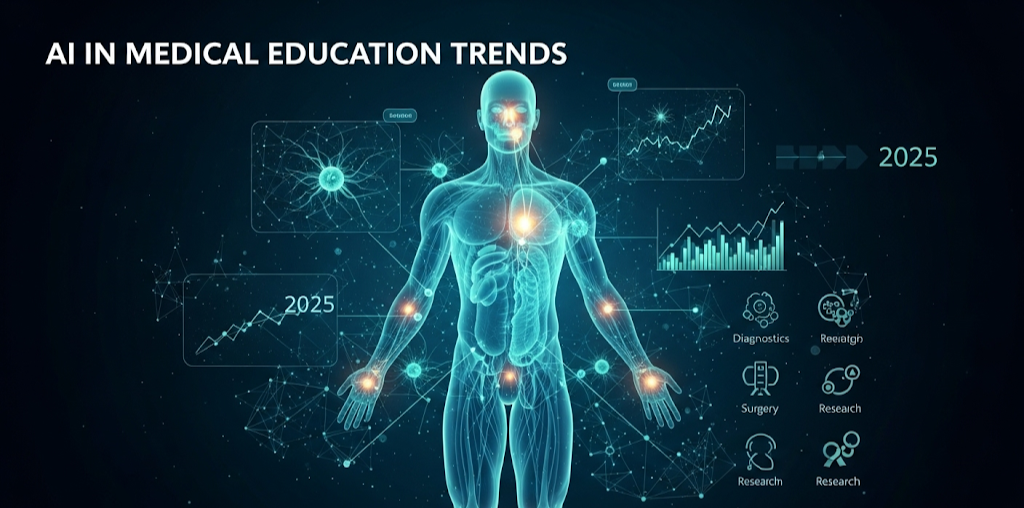
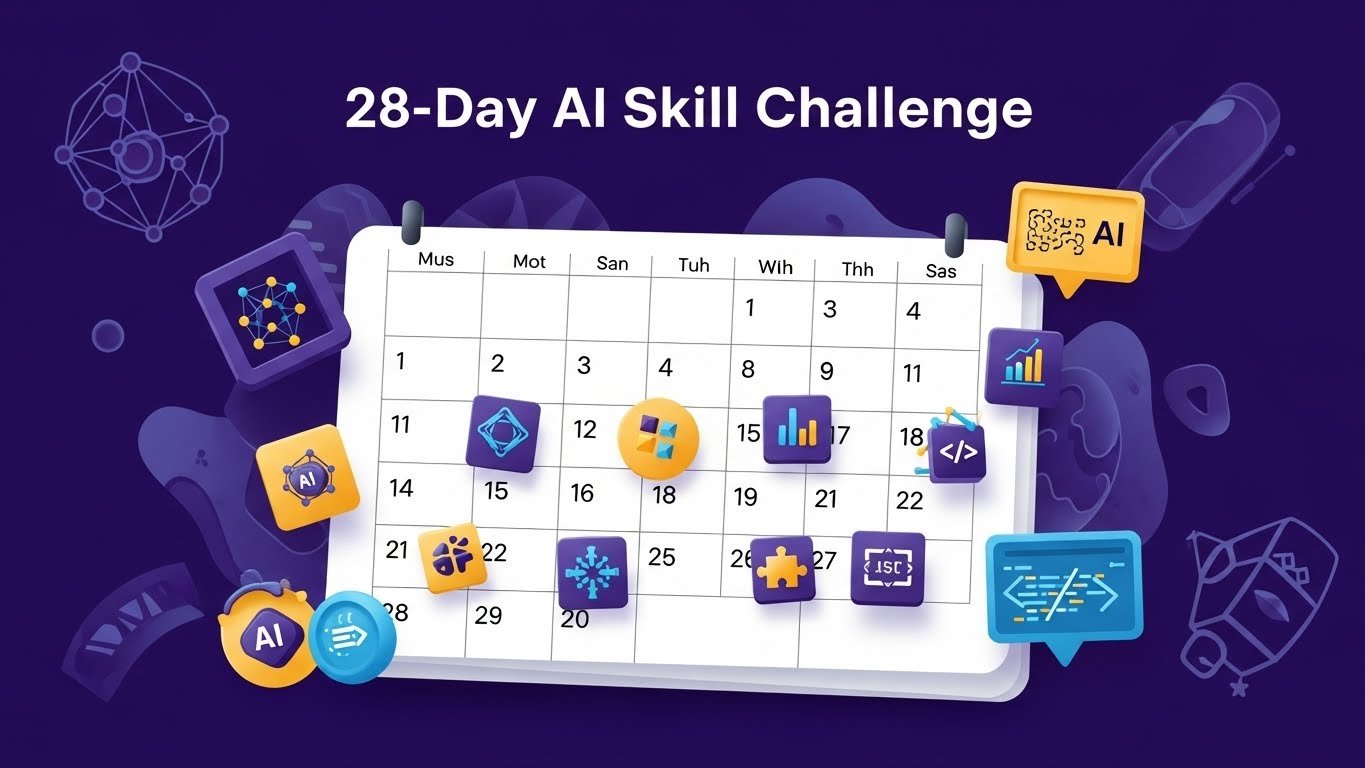
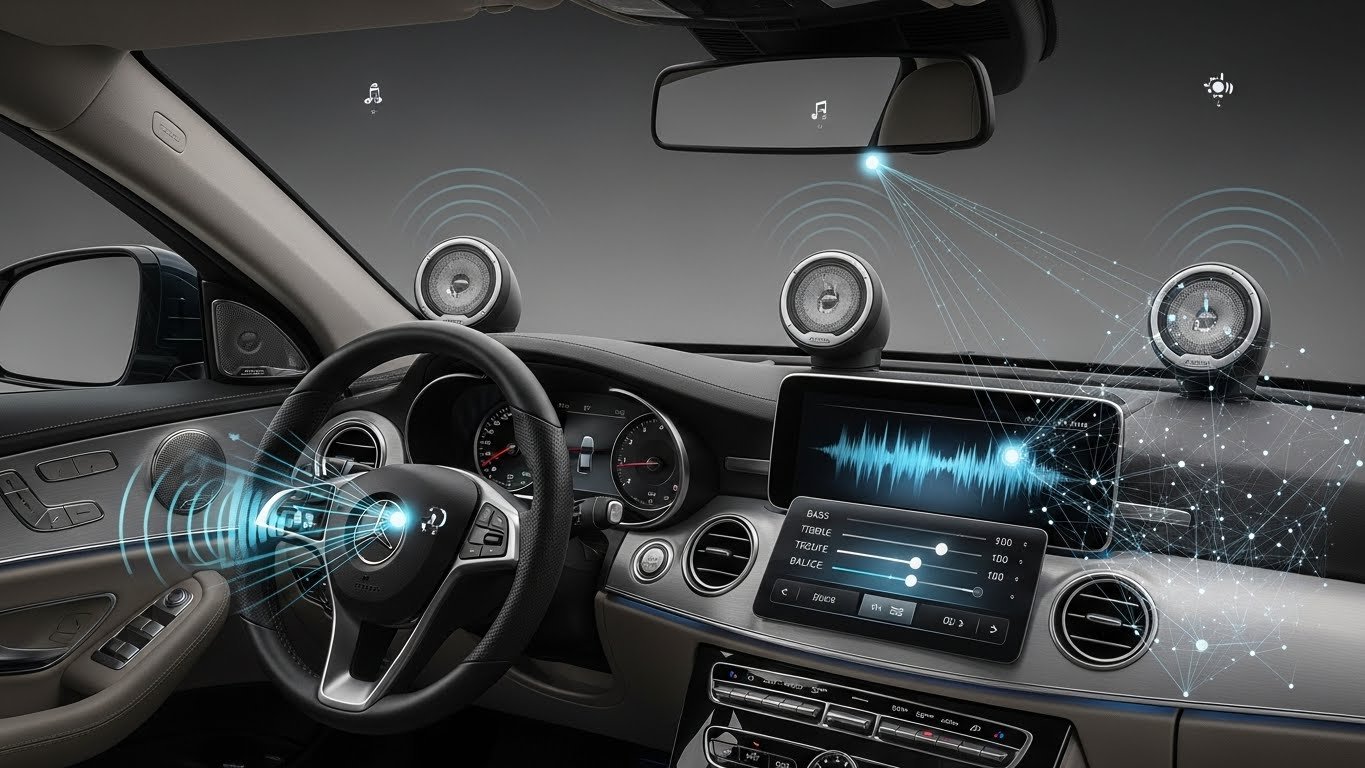
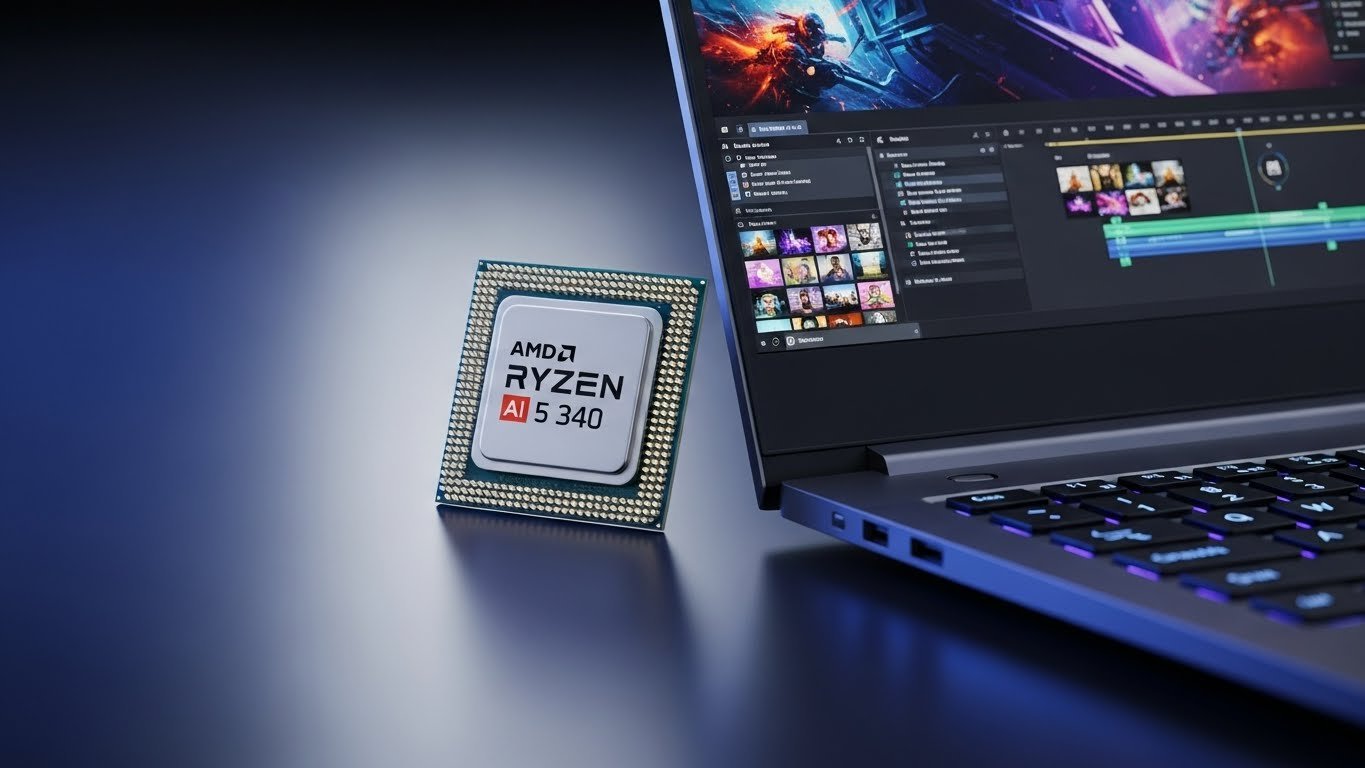
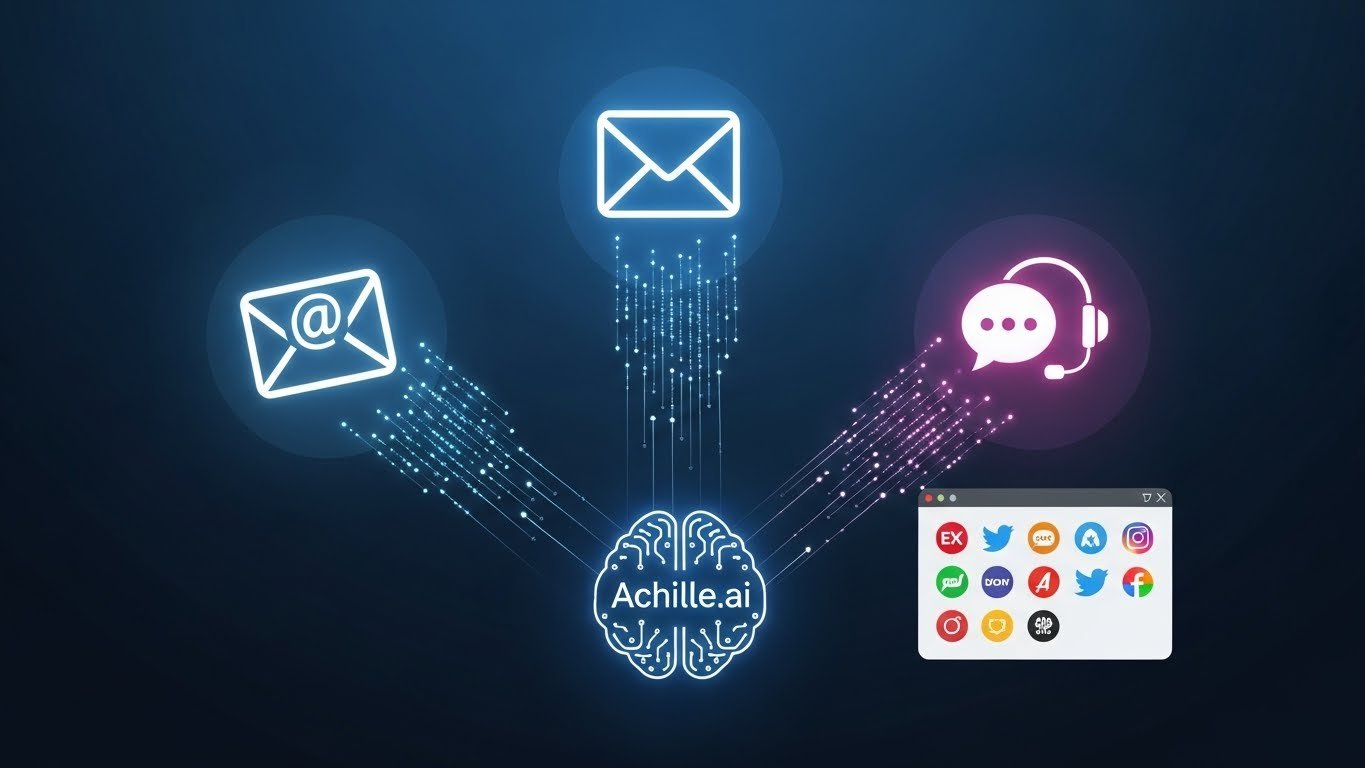


Leave a Reply